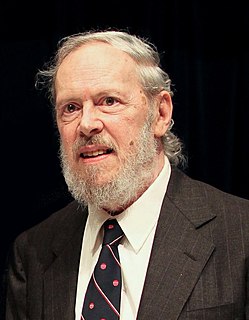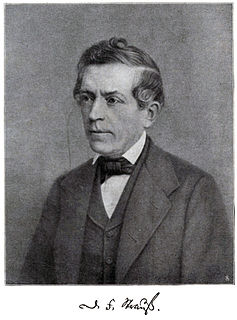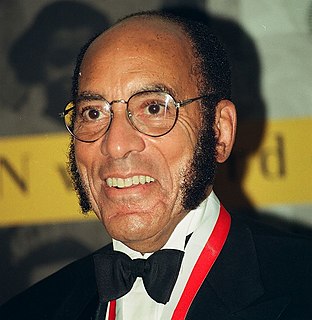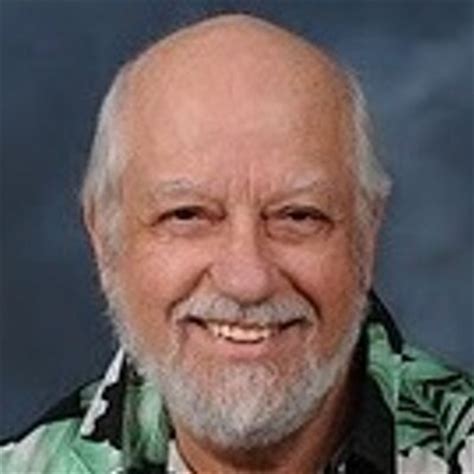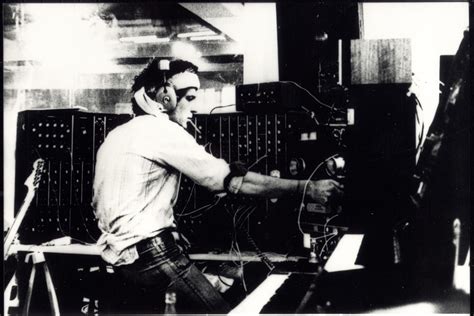A Quote by David Souter
I don't think that developing countries gained from a two-stage process. A single phase summit (which is, after all, a two year process, not a three day event) would have built awareness, and would probably have led to more substantive conclusions at the end of the first summit meeting. Civil society may have gained a bit more from the networking experience, but it was less effective at networking in the second phase.
Related Quotes
When I work there are two distinct phases: the phase of pushing the work along, getting something to happen, where all the input comes from me, and phase two, where things start to combine in a way that wasn't expected or predicted by what I supplied. Once phase two begins everything is okay, because then the work starts to dictate its own terms. It starts to get an identity which demands certain future moves. But during the first phase you often find that you come to a full stop.
It does seem to me, though, that the countries that gained most from World Summit on the Information Society are those that saw it as an opportunity to engage in more diverse discussion about the issues internally and to seek to raise the quality of debate (both in terms of information and understanding).
The first phase of C was - really, it was two phases in short succession of, first, some language changes from B, really adding the type structure without too much change in the syntax, and doing the compiler. The second phase was slower; it all took place within a very few years, but it was a bit slower, so it seemed.
I used to be really cute. I could send you earlier photos where I'm stunning. But I've gained about twenty pounds over the past two years, and the more weight I've put on, the more success I've had. If you drew a diagram of weight gain and me getting more work, a mathematician would draw some conclusions from that.
The simulator is the stage in-between television and virtual reality, a moment, a phase. The simulator is a moment that leads to cyberspace, that is to say, to the process because of which we now have two bottles instead of one. I might not see this virtual bottle, but I can feel it. It is settled within reality. This explains why the word virtual reality is more important than the word cyberspace, which is more poetic.
The development of European integration can be divided into two phases. The first era ended with the Maastricht Treaty. It was a liberalization phase, with the main goal of European integration at the time being the removal of various barriers and borders in Europe. The second phase is a homogenization or standardization phase, one that involves regulation from the top and growing control over our lives. This no longer has anything to do with freedom and democracy.
I would suggest two approaches to begin the leadership journey in earnest. First would be to ask oneself, in every interaction with others over the course of a single day: How can you best serve this person? Another approach would be to attempt, over the course of a single day, to reframe your declarative statements into questions. The thoughtful use of questions can be transformational. In my experience, most people find these exercises more challenging - and more rewarding - than they would have imagined.
I think the terminology I would use is 'a continuous process of reflection'. I've always thought of only two questions that have mattered to me personally. One is what is really needed in the world and the second is what's really important to me and how these two intersect. It's always been a reflective process - spiraling around these two poles.
Where taxes are concerned, there are two clear-cut points of view. There are those who think they're too high and those who think they should be even higher because, after all, politicians spend our money far more wisely than we do. The obvious solution I'd propose is that the people in the first group would pay less and those in the second group would pay more. Lots more.
I felt I had nothing more to say. Everything would have had to be a replay of the previous two or three albums, and that decided me to stop. What bothered me most was not playing guitar at all anymore. I felt I had no more contact with the instrument. It was just a piece of wood to me. I even thought music had definitely left me. After fourteen albums, there may be an overload phase, a sort of lassitude.




